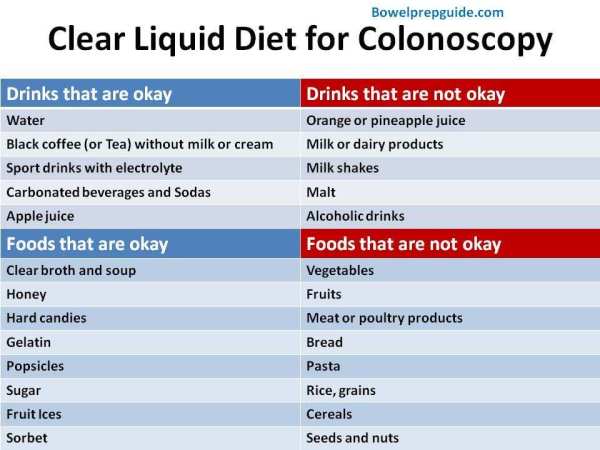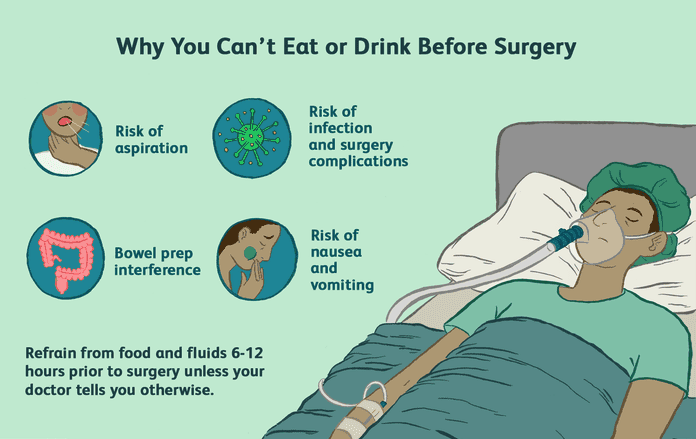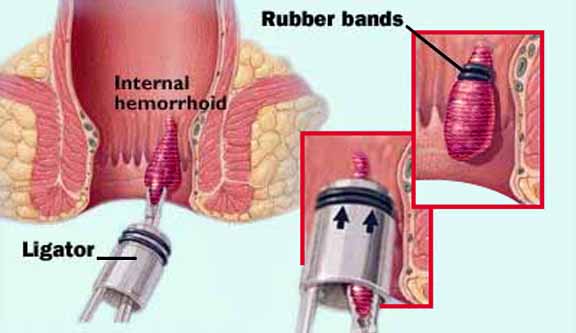No results were found
-
How do you clean your instruments?Instrument disinfection is a crucial part of providing these services. Taunton Surgical Centre adheres very strictly to guidelines set out by Health Canada, and in particular to a Policy Statement by the College of Physicians and Surgeons of Ontario regarding Independent Health Facilities and high-level disinfection of endoscopes. This policy statement can be viewed HERE.
Our technicians have special training and certification from the CSAO. This level of certification qualifies them to run a sterilization department for any Hospital operating room in Ontario.
In general, the procedures are as follows:
Endoscopes our rinsed immediately after use within enzymatic detergent, and all interior channels are flushed. The scope is then manually cleaned with enzymatic detergent, wiped down, all removable pieces taken apart, all valves and attachments individually cleaned and scrubbed in enzymatic detergent, all interior channels once again flushed with detergent, scrubbed with brushes, and prepared for high-level disinfection.
The instrument is placed in a sophisticated cleaning machine that exposes every surface of the scope to a medical-grade virus and bacteria-killing solution for a specified contact time. (This solution is checked for effectiveness and documented daily). The scope is then rinsed clean with water, followed by air, and isopropyl alcohol. It is then ready for reuse. The cleaning steps, personnel, date and time, of each scope and each cleaning cycle are recorded simultaneously in a searchable database.
All instruments that travel across body linings (biopsy forceps and polyp removal devices) are disposable, and never reused. All other instruments used for procedures are subjected to sterilization in an autoclave, using high-pressure steam. This results in instruments that are “surgically sterile”.
The floors and surfaces on the Recovery Room and Procedure Room are constructed with surfaces such as stainless steel, sealed flooring with vinyl moulding, and glass, that can easily be wiped and disinfected. All this helps to ensure that every surface and every instrument with which you come into contact is as clean as possible.
All of our Reprocessing procedures are performed by professionals who are re-certified regularly, and undergo on-site, direct observation/inspection on a regular basis. Our Reprocessing personnel also sit on our Quality Assurance Committee. -
I have a positive FIT stool test - should I be worried?A positive Fecal Immunohistochemical Test (FIT) is common, and is a significant improvement on the older stool test, FOBT, which was used up to 2019. Positive results are not uncommon, but they do need to be followed up with a colonoscopy within 8 weeks.
The FIT test detects a very small amounts of blood in the stools by using antibodies to human hemoglobin -- in essence detecting bleeding long before you can see it with your eyes. So it picks up very, very small amounts of rectal bleeding .
FIT is a simple, inexpensive way to detect colon cancer. If your test was positive, you probably don’t have colon cancer; in fact studies have reported that the percentage of patients who actually have cancer when their FOBT is positive (“ the positive predictive value ”) is reported at about 3% - and only 1% are advanced cancers. So your chances of having a cancer are low, but the chance of finding an advanced, possibly pre-cancerous polyp are between 25-30%. The chances are between 65-70% that your colonoscopy will reveal at least one polyp. On the one hand you shouldn't be overly concerned because the odds are 30-1 that you don't have a cancer, but the odds you have an advanced polyp are about 1 in 3, and 2 in 3 that you have at least one polyp of any size.That's why these positive results MUST be followed up with a colonoscopy.
Your procedure can usually be completed within a few weeks of referral, (we aim for a two-three-week waiting list only) and you will have your own copy of the results burned onto a disc that you can take home with you. You will have closure over the issue on the day of your procedure.
Useful resources about FIT testing are found at this website, and there is a dedicated slideshow available for viewing on our media page. -
What are clear fluids?Clear fluids are anything you can see through. This includes water, apple juice, Gatorade, clear broth, and tea. The following are NOT clear fluids: tea with milk, orange juice, coffee, chicken noodle soup, etc. Once the intestines are empty, any non-clear fluids you drink may obscure the view of the lining. Most importantly, clear fluid leaves your stomach faster, ensuring that it is properly empty before you are sedated.

-
Why nothing to eat or drink for six hours?When you are sedated for the procedure, you may lose your gag reflex. While you are lying on your side, if liquid from your stomach comes up into your throat, it could spill into your lungs and cause pneumonia. That’s why it is important to have as little in the stomach as possible. This is a rare problem, and we follow this guideline very strictly.

-
Why do you have uninsured services? What are they?The Uninsured Services fee at Taunton Surgical Centre is a fee for services that go beyond what is insured under OHIP, and is a voluntary request .
The Uninsured Services provided are:
Food and drink received after your procedure in the Recovery Room.
Parking lot fees for your visit
Notes for absence from work or school
Prescription refills by telephone or email at the patients request, and no other concomitant service is provided.
The Canada Health Act, and the Future of Medicare Act make it clear that it is illegal for physicians to directly charge patients for the cost of their health care. It is also it illegal for patients even to offer to pay for a portion of their health care (this is strictly enforced, and stops people from “buying” services that others can’t).
There are two types of fees that doctors can legally charge. The first type of fee is a “block fee”. This is essentially a pre-payment of any service the Government won’t pay to have your Doctor provide (such as refilling prescriptions over the phone, camp physicals, photocopying and forwarding charts, etc.) These fees are always voluntary; that is, the decision to pay them in an ‘up front package’ format is voluntary. Otherwise, you would have to pay for these services one at a time, as you received them.
A second type of Fee is simply charging for an Uninsured Service as it is delivered. This, by definition, is a service you voluntarily agree to receive, that the Government does not consider part of the Ontario Health Insurance Plan (in the case of Taunton Surgical Centre, the services specifically listed above). Examples might be an upgraded hospital room, a camp physical, or procedures that are not covered under OHIP such as In-Vitro Fertilization, or any cosmetic surgery. Uninsured Services must have a clearly stated benefit (what you receive) and a price. What you pay for must not be anything that, under any circumstance, might conceivably be covered by any part of the Ontario Health Insurance Plan. It must be clear that purchasing such a service does not entitle you to medical care that is unavailable to the general population, or medical care that is more timely than is received by the general population. No one can be denied Health care for opting not to pay for Uninsured Services.
Links to the Health Insurance Act are HERE
Links to the CPSO Block Fee Policy are HERE
Links to the Commitment to the Future of Medicare Act are HERE -
What about my medications? Which one should I take?Most medications, particularly blood pressure and heart medications should be taken as usual (even on the morning of the procedure) with tiny sips of water. However, some blood pressure medication called ACE-inbitiors or ARB's should not be taken on the morning of your procedure. If your blood pressure medication ends in '-pril', or '-sartan' then either ask your doctor specifically, or if in doubt, do not take it on the morning of your procedure.
The only medications that typically require modification are diabetic medications, and non-aspirin blood thinners (like Plavix, or Coumadin) Please stay on your blood thinners, unless your procedure is for the removal of a polyp you ALREADY KNOW ABOUT.
Diabetic medications need to be individually modified, and you should speak to the person performing the procedure for a specific plan for modifying your diabetic medications during the necessary fasting prior to your procedure. If there is any last-minute problem or doubt, you should NOT take any diabetic medication once you start your preparation/fasting . Your blood sugar will be taken as soon as you arrive at Durham EndoSurgery Centre prior to your procedure. -
I feel sick; should I cancel?There is usually no need to cancel your procedure unless you have a fever above 38.5°C, or have a cough with yellow or green sputum (pneumonia). Symptoms of flu-like illness, dry cough, sore throat, or typical cold symptoms need not force a cancellation. Please see our Cancellation Policy
-
What if I’m having my period? Should I cancel?No. Since most women cycle about every 28 days and have about a 5 day cycle, then on any given day about 15-20% of all women will be having their period. This is something that is seen every day, with every medical procedure. By all means bring some extra supplies but rest assured you will have the facilities and the privacy to deal with your period, and it will not interfere with the procedure at all.
-
What if I have a headache or other pains?If you have a headache or other aches and pains, you can certainly take Tylenol before you come in, even if you have finished a bowel prep. Make sure only to have a sip of water with the pills. You can also take aspirin, and aspirin like drugs (Naprosyn, Celebrex, Mobicox) as long as your procedure doesn’t include a plan for biopsies to be taken, or a polyp to be removed that you already know about. Take the medications you need; just be sure not to take food or drink within the 6 hours before your procedure.
-
What is Hemorrhoid banding?The explanation is right here on the website. Go to the Procedures page, and click the haemorrhoid banding link

-
What is your Cancellation Policy?
Cancellation with less than 7 days notice will result in a charge of $50.00
** All cancellation fees are waived in light of COVID-19 (coronavirus) concerns **Cancellation fees related to COVID-19 (coronavirus) are waived.
This fee be waived or refunded if a doctor’s note certifying illness is presented within 14 days of the cancellation. Patients who have paid an Administrative Fee and canceled, will forfeit their Administration Fee as a cancellation charge.
Taunton Surgical Centre is a private surgical facility. These procedures are outpatient surgeries. When you book your procedure, you can be assured that on your procedure day there will be an operating room, a recovery room bed, an office manager, 2 registered nurses, an instrument sterilization technician, a surgeon, and an anesthetist, all of whom who have booked a portion of their day for your procedure only. Last-minute cancellations mean all these professionals spend their time doing nothing.
We recognize that there is a good deal of planning required to arrange rides home, time off work, etc. For this same reason, it is very difficult to find anyone to fill your spot on short notice. Please make necessary arrangements well in advance. -
I'm looking for treatment of varicose veins, am I in the wrong place?No, Dr. Kendall also performs procedures to treat varicose veins. These include ultrasound guided injections, and other procedures that replace surgery for larger varicose veins. The vein care website for Dr. Kendall practice is www.venicure.ca